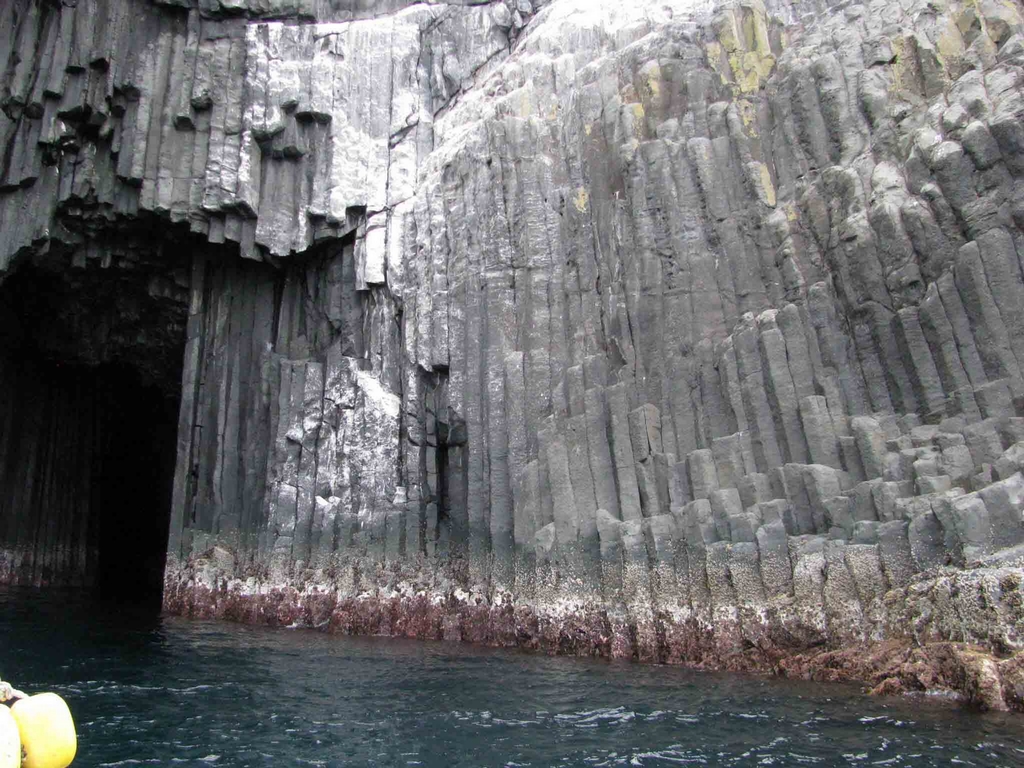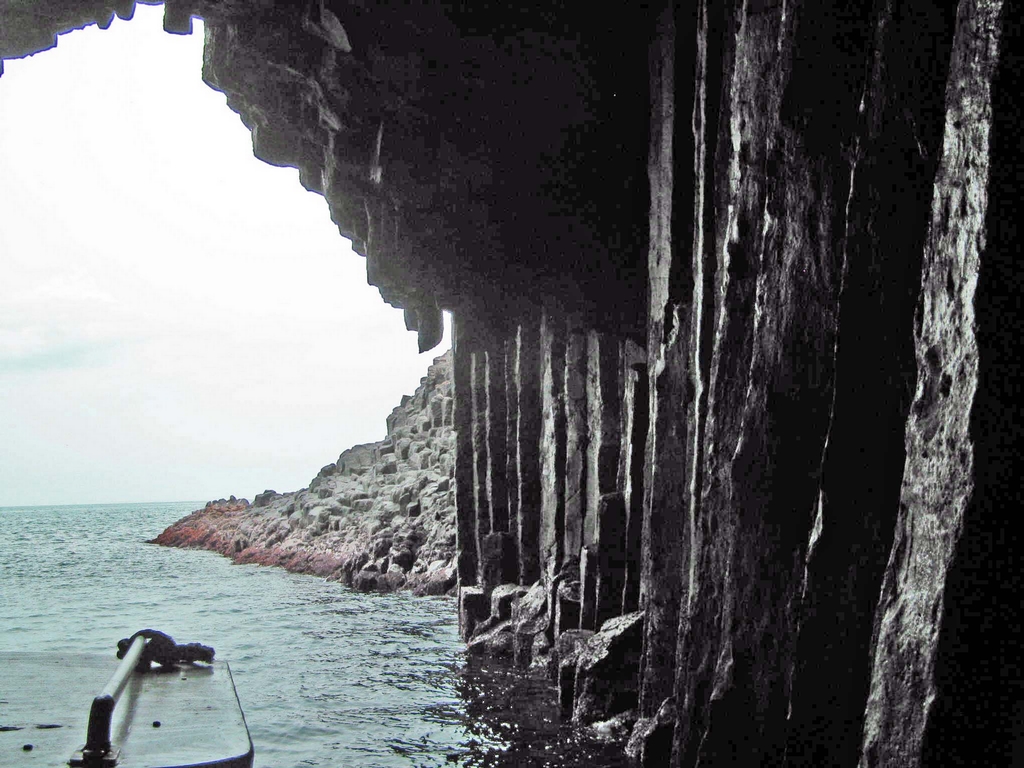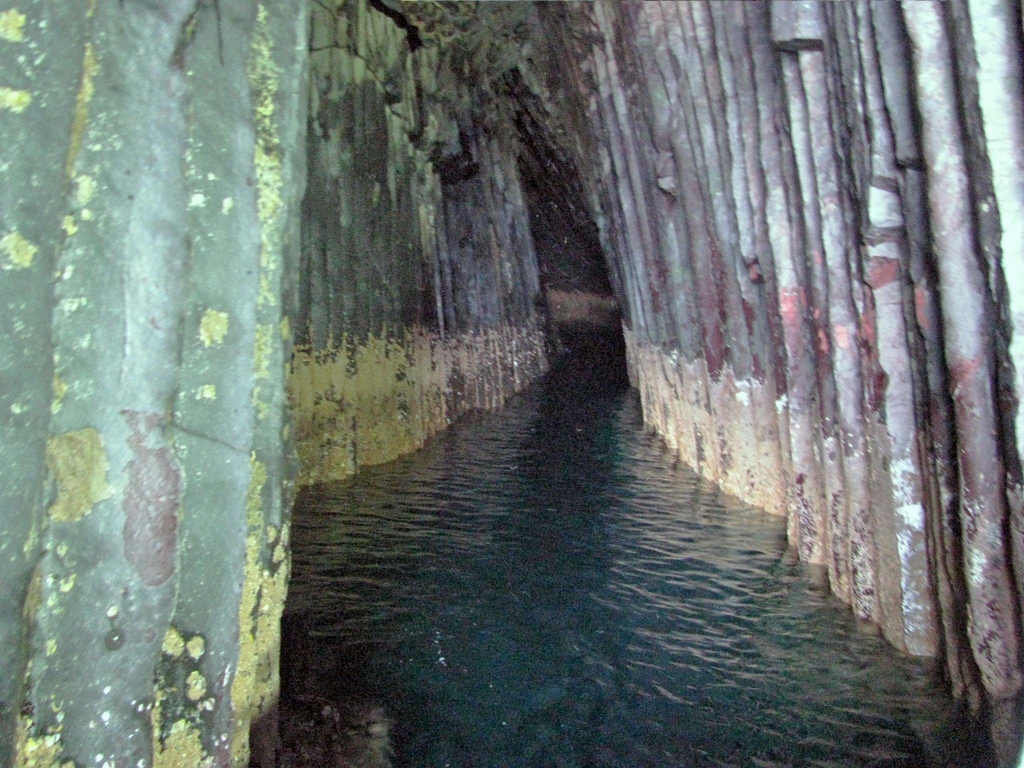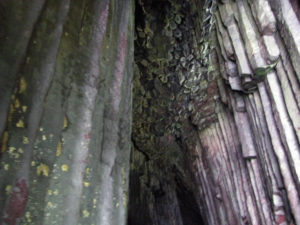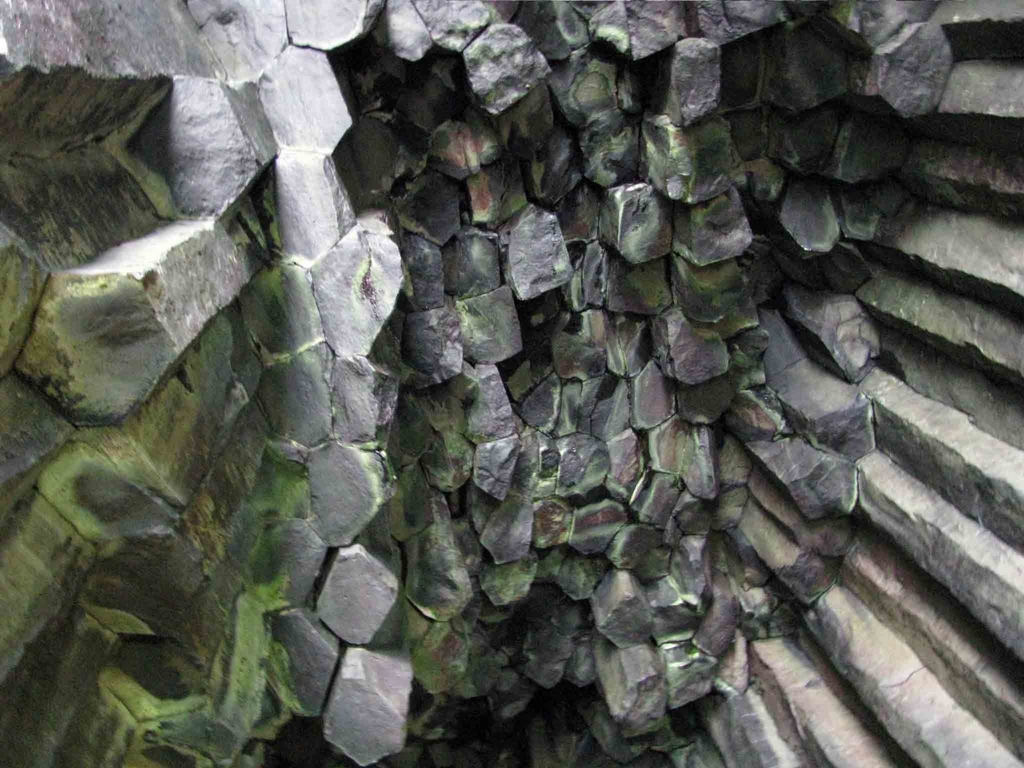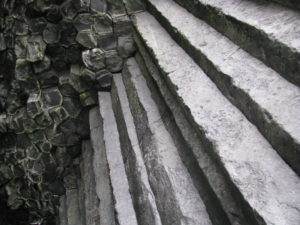Nanzoin Temple, Reclining Buddha statue
Nanzoin is a Shingon Buddhist Temple in Sasaguri, Fukuoka-prefecture.
It is notable for its bronze statue of a reclining Buddha, said to be the largest
bronze statue in the world.
Completed in 1995, the giant bronze Reclining Buddha statue, known as Nehanzo,
depicts the historical Buddha at the moment of his death and entry into nirvana.
The statue’s impressive dimensions and intricate details make it a sight to behold,
attracting visitors from all over the world.
length : 41m, height : 11m, weight 330ton
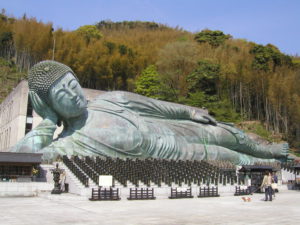 |
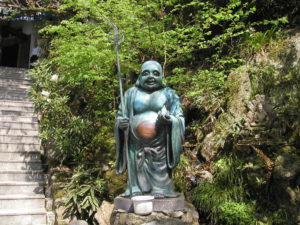 |
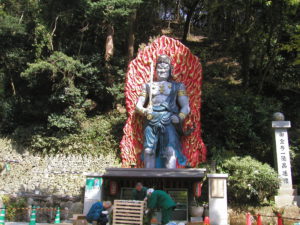 |
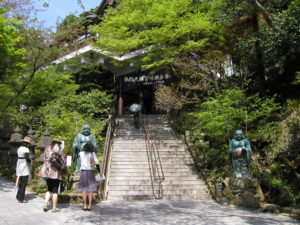 |
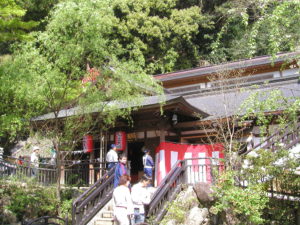 |
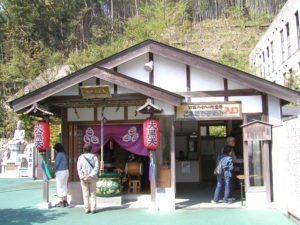 |
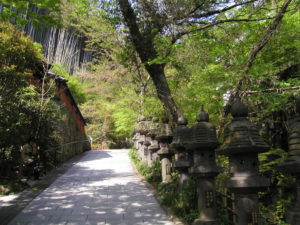 |
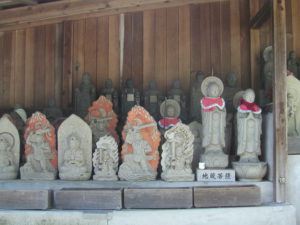 |
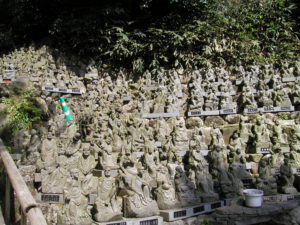 |
Samurai street and houses in Shimabara, Nagasaki-prefecture
Samurai was a term for the military nobility in pre-industrial Japan. The Samurai Houses in
Shimabara along the old Samurai street nearby Shimabara Castle were built in 18th century.
Three samurai houses, the Yamamoto residence, Shinozuka residence and Torita residence,
are opened to the public exhibiting the life style of old Samurai.
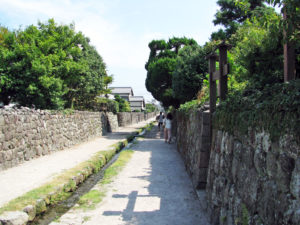 |
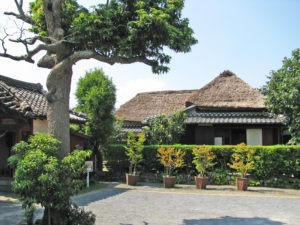 |
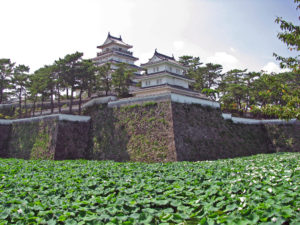 |
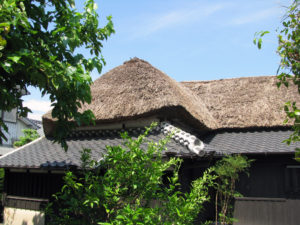 |
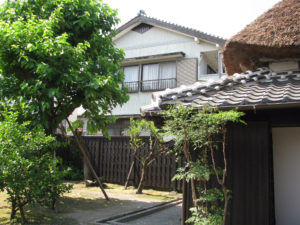 |
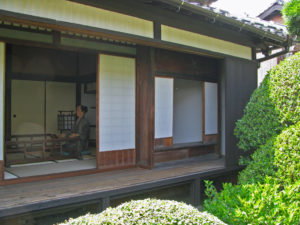 |
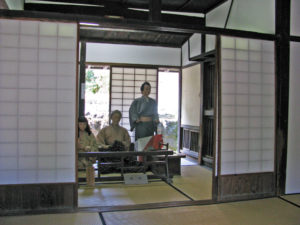 |
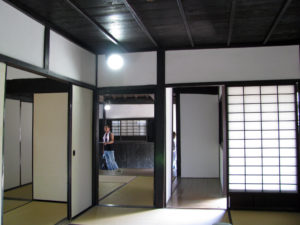 |
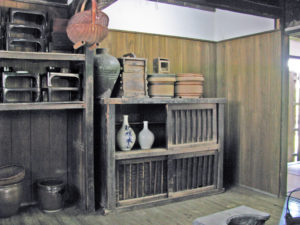 |
Keya cave, in Itoshima, Fukuoka-prefecture
The most largest basalt cave in Japan. The entrance of the cave is 64 metre high and 10
metre width and the depth is 90 metre. It is designated as one of three major Basalt caves
in Japan.
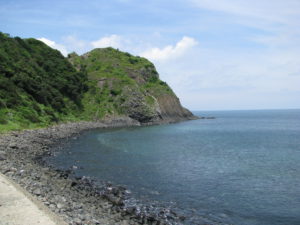 |
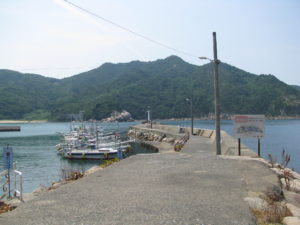 |
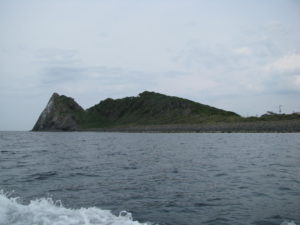 |
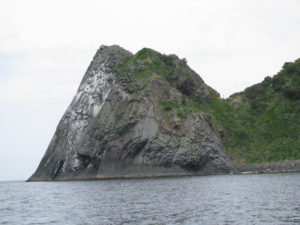 |
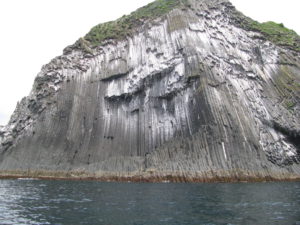 |
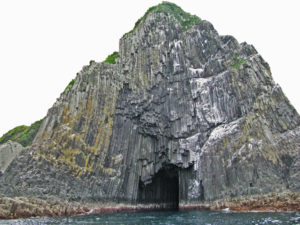 |
Hikosan Shrine, in Fukuoka-prefecture
Hikosan Shrine is located at Mount Hiko is a sacred mountain with an elevation of about 1,200m,
consisting of three peaks. It has been worshipped as a sacred mountain since ancient times.
In the center of the mountain is the Hikosan Shrine building, a nationally designated important
cultural property.
The approach path to the Shrine is approximately 900m from the torii gate, with 410 steps.
To get to the Shrine, using the slope car is recommended that runs parallel to the approach path to
the shrine. On your way back, enjoy the traditional Japanese scenery as walk along the approach path.
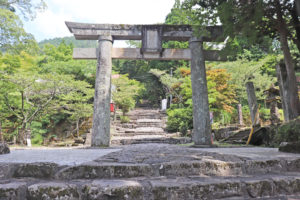 |
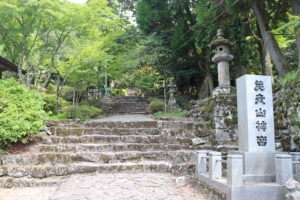 |
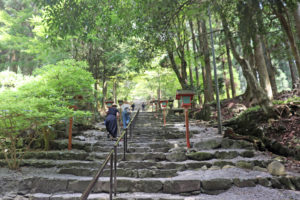 |
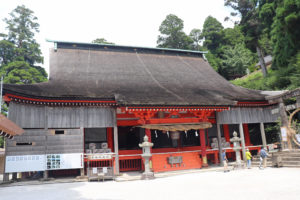 |
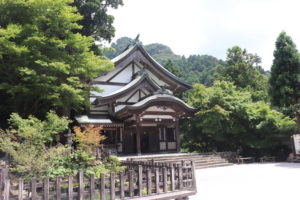 |
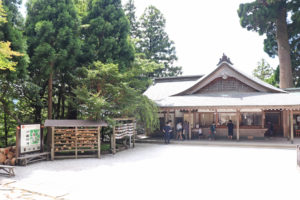 |
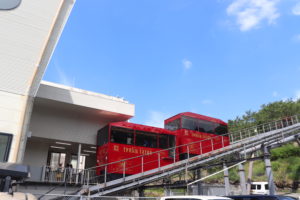 |
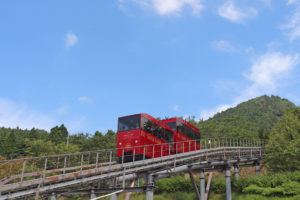 |
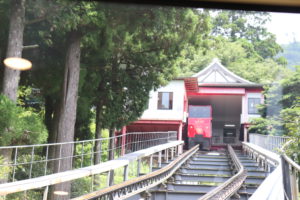 |
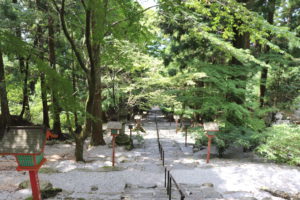 |
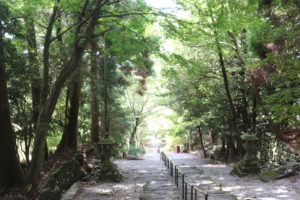 |
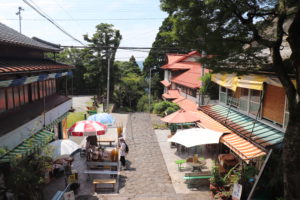 |
Uminonakamichi Seaside Park, in Fukuoka-city
The sprawling, family oriented public park located on a narrow peninsula across the bay from
central Fukuoka. The park is made up of several different areas including flower gardens,
playgrounds, an amusement park with ferris wheel, sports fields, a water park, a zoo and large
open spaces and lawns perfect for picnicking.
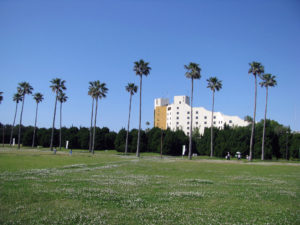 |
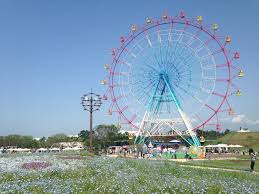 |
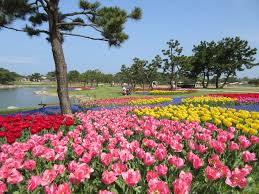 |
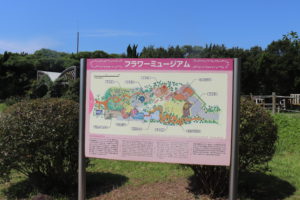 |
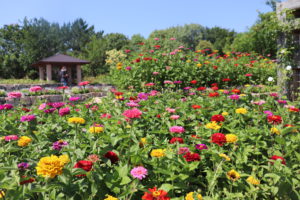 |
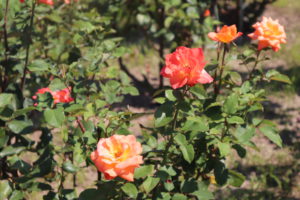 |
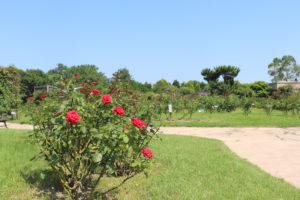 |
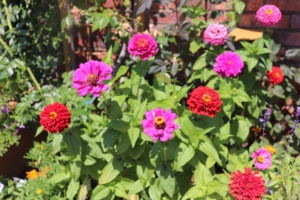 |
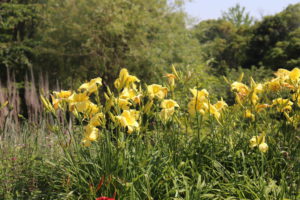 |
Yatai, Fukuoka-city
Food stalls “Yatai” is one thing to enjoy in Fukuoka. Despite a decline in recent year, there
are said to be more than 160. The food stalls have all kind of food, but you have to try
Hakata ramen, usually made with white soup from pork bone and thin noodles. When you
order, you can specify noodle texture, such as yawa, meaning “soft”, or bari-kata, meaning
“very hard”. In local dialect bari means “very”. Anther unique thing is kaedama.
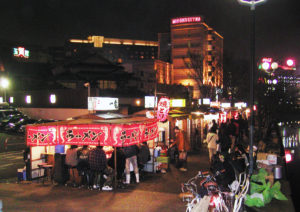 |
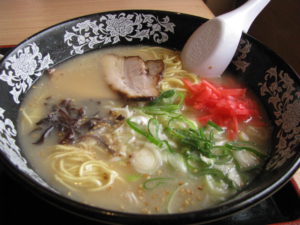 |
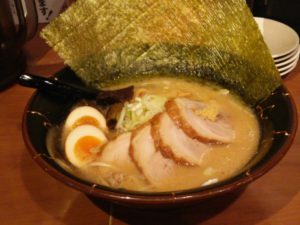 |
The thin noodles takes moments to cook, so you can just order an additional noodle serving,
but don’t drink too much soup before ordering more noodles. Besides ramen stalls, there are
gyoza dumpling stall, Western-style bar stalls and more. It’s hard to pick out just one.
The stalls have a unique and strange appeal. Eating in such cozy spaces with others creates
a friendly feel of community.
Uomachi & Kyomachi Shopping street, in Kitakyushu-city, Fukuoka-prefecture
Uomachi and Kyomachi Ginteigai are the arcade downtown shopping streets connected from
JR Kokura Station in Kitakyushu-city.
The literal meaning of Gintengai is the Silver roof arcade shopping street and Uomachi
Gintengai is the birth place of Japanese arcade shopping street constructed in
1991. Now, there are many kind of fantastic shops and restaurant along the street.
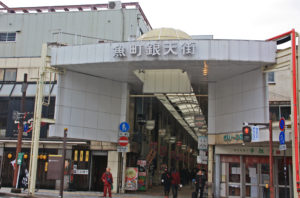 |
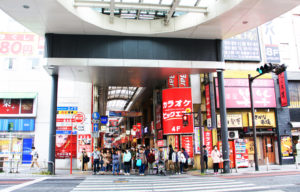 |
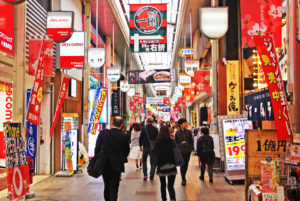 |
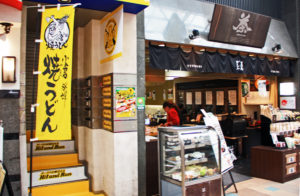 |
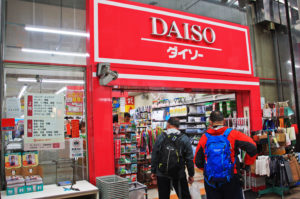 |
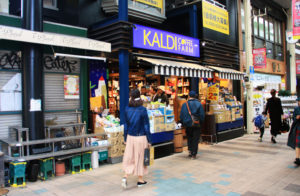 |
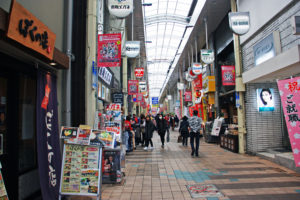 |
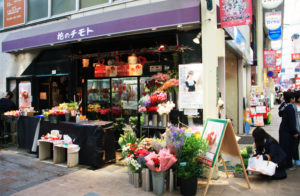 |
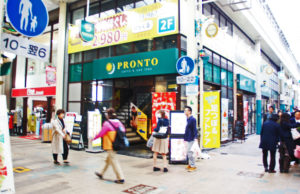 |
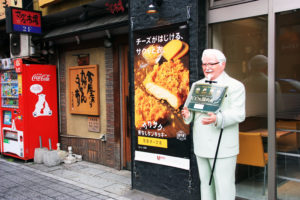 |
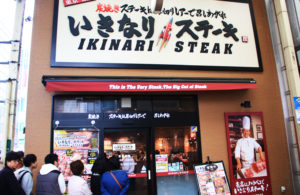 |
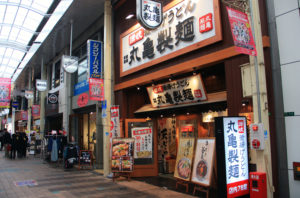 |
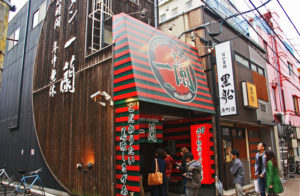 |
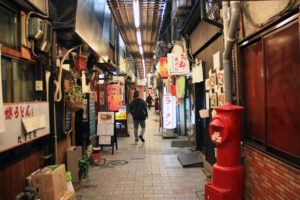 |
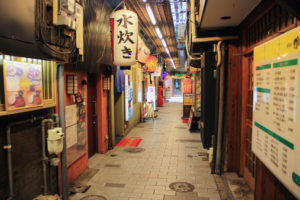 |
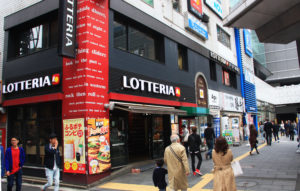 |
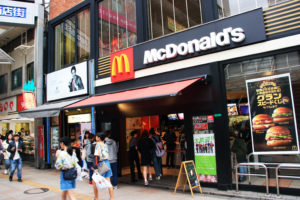 |
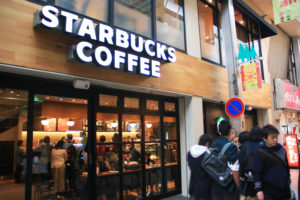 |
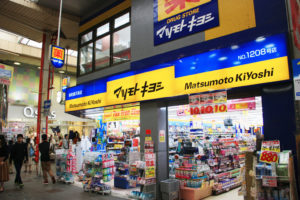 |
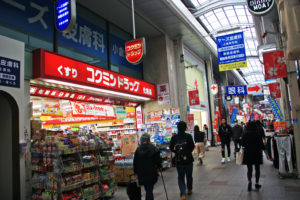 |
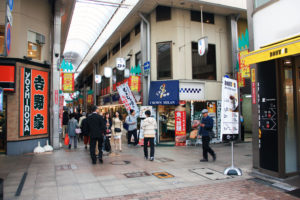 |
Kawabata-dori Shopping Street, in Fukuoka-city
The most historical and traditional local shopping street in Hakata. The entrance of the
shopping street is located next to Kushida Shrine.
Approximately 130 shops built in the 400 metre arcade.
There are also souvenir shops including Hakata dolls, shops collected Hakata Gion Yamakasa
goods, restaurants included Ramen shop where the birth place of Nagahama Ramen.
On the weekend, Friday, Saturday and Sunday, various events are held at the Event square.
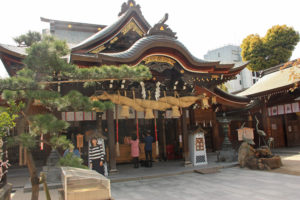 |
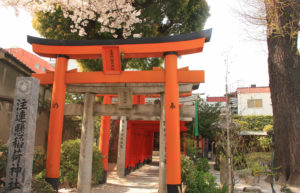 |
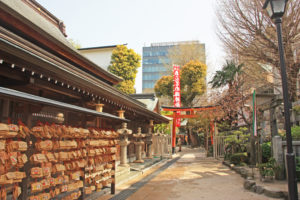 |
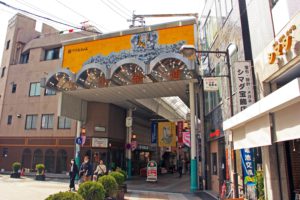 |
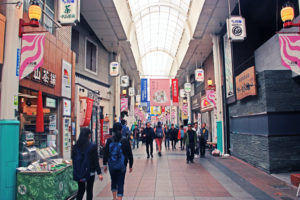 |
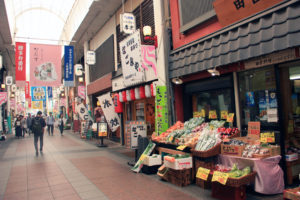 |
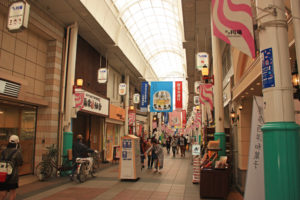 |
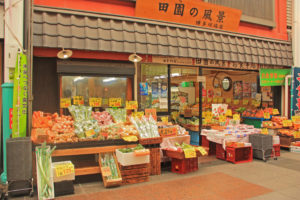 |
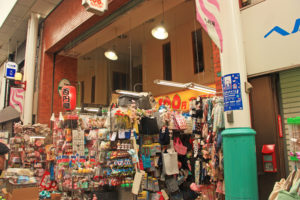 |
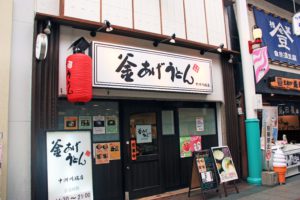 |
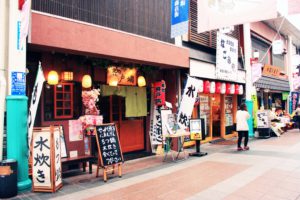 |
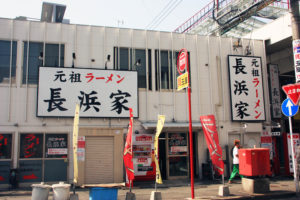 |
Mataichino shio “Kobo Totan”, in Itoshima, Fukuoka-prefecture
A salt making plant by the ancient production method. Mataichino shio “Kobo Totan” located
in Shima-cho, Itoshima peninsula. A salt and a magnesium chloride are produced with Genkai
sea water by the ancient production method. The salt pudding is recommended.
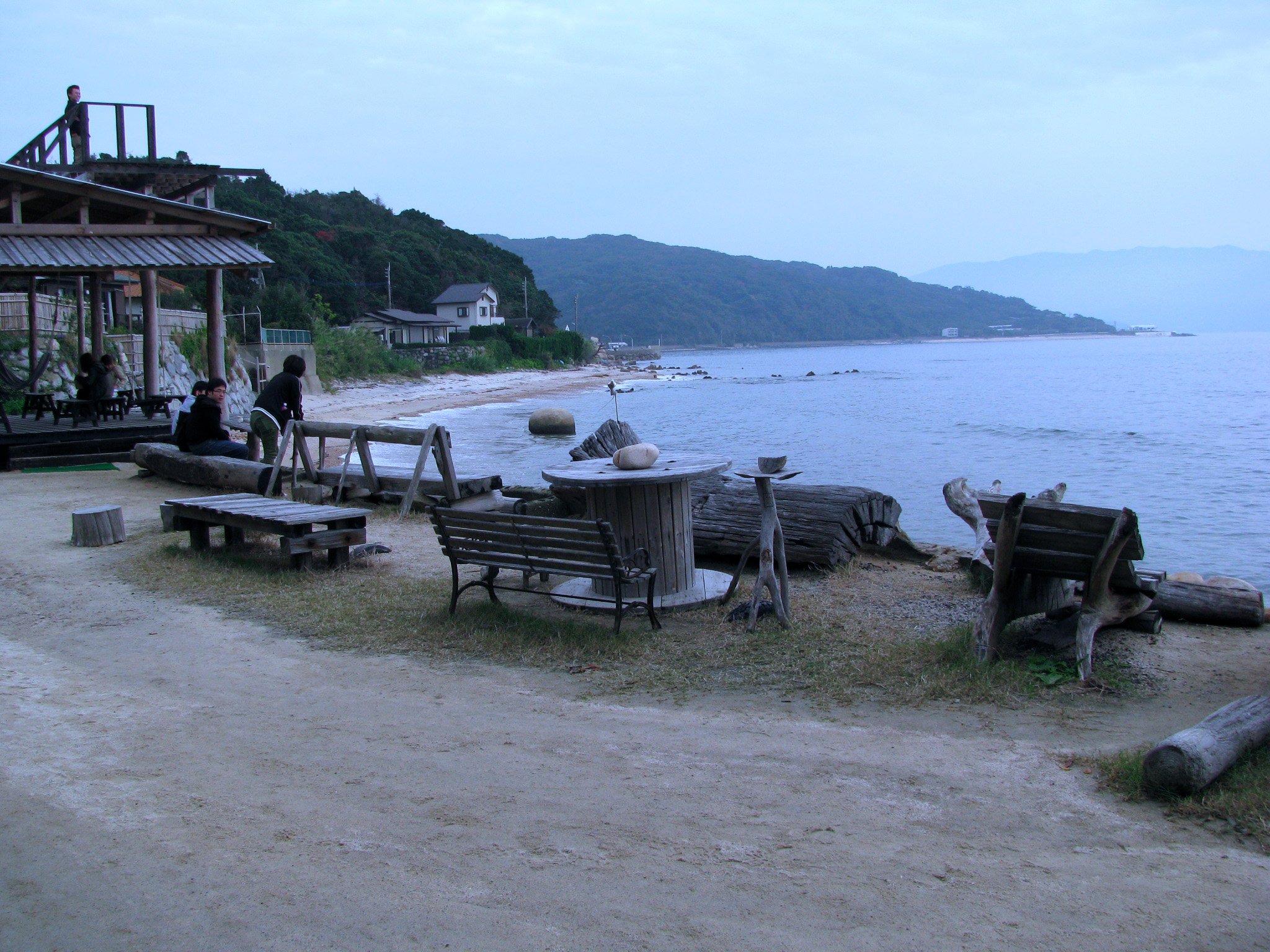 |
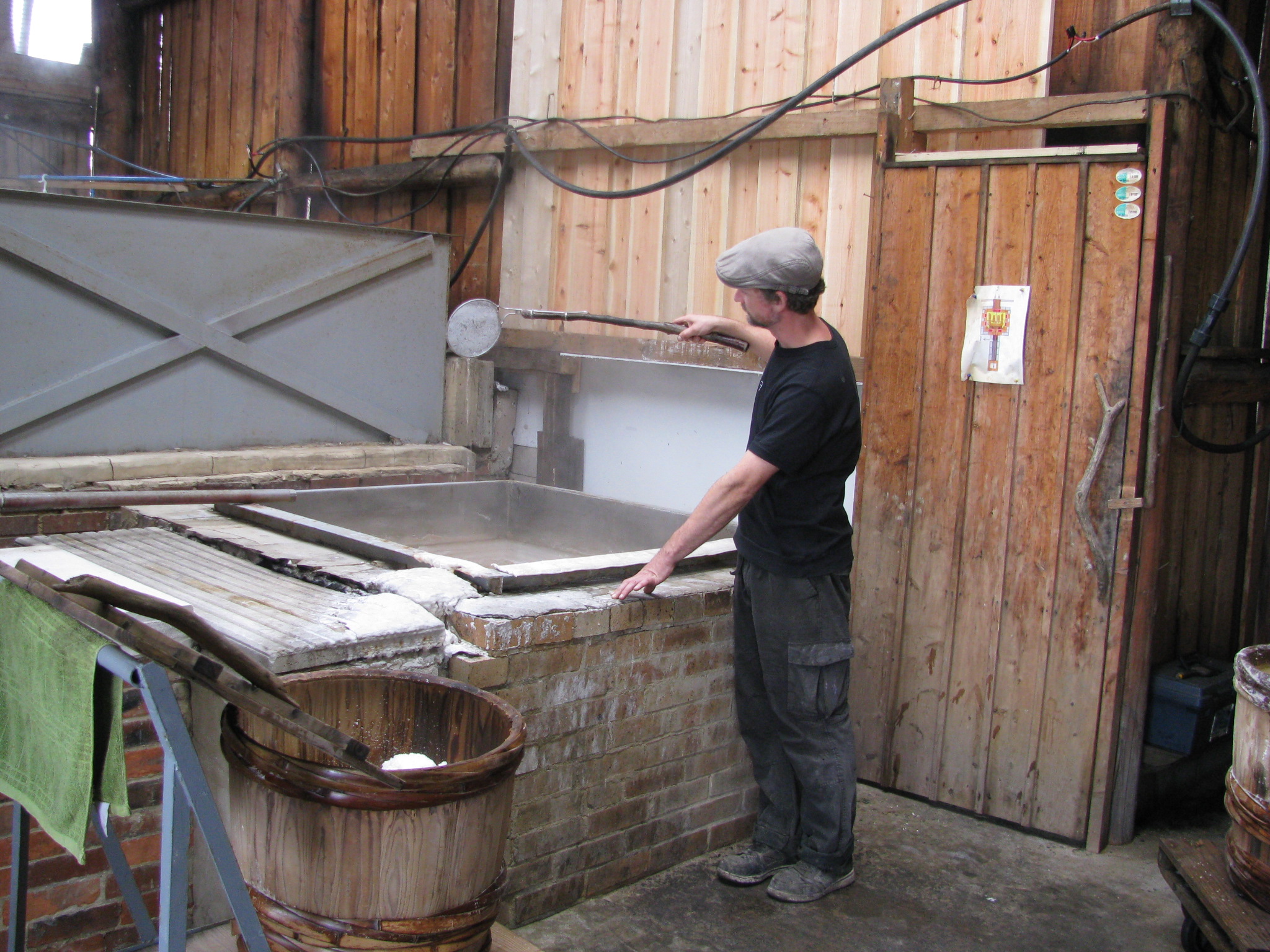 |
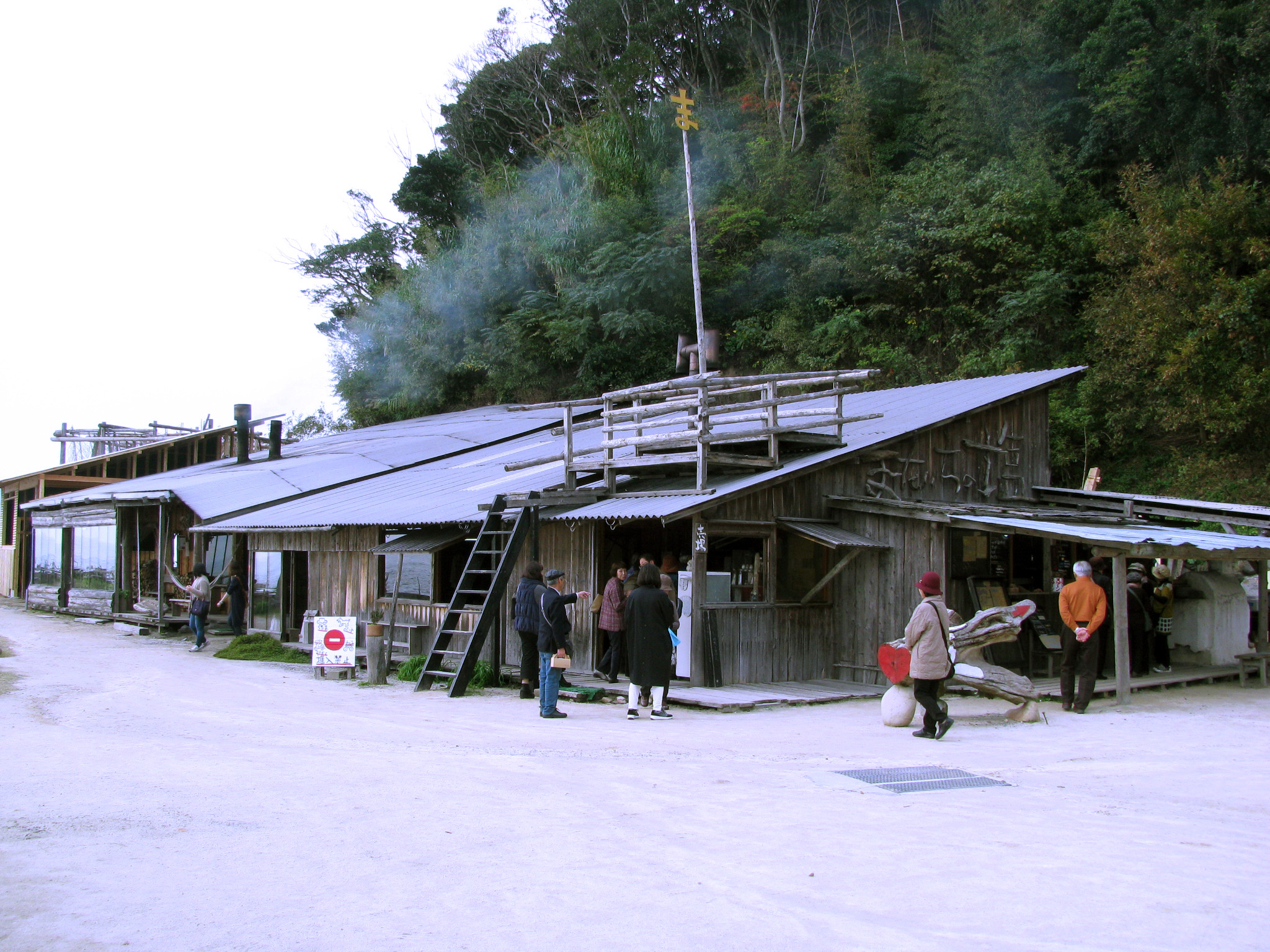 |
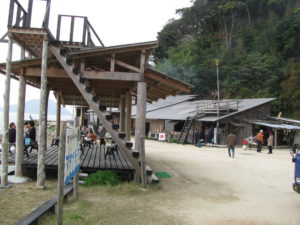 |
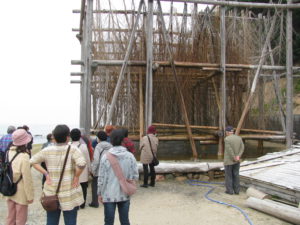 |
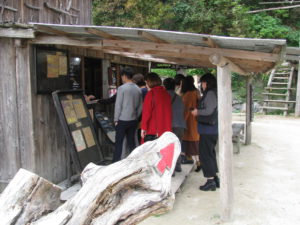 |
Starbucks at Dazaifu Shrine, in Fukuoka-prefecture
Coffee break under the traditional atmosphere. The restaurant was designed by renown
architecture designer Kengo Kuma in 2011. The concept of the design is Harmony of
Modern and traditional by natural material; 2000 cedar timber is assembled in a traditional
wood structure without using nails. Enjoy the luxurious time in the warmth of wood and the
scent of coffee.
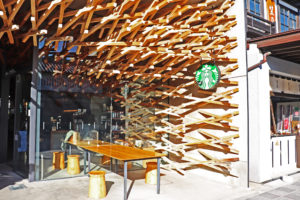 |
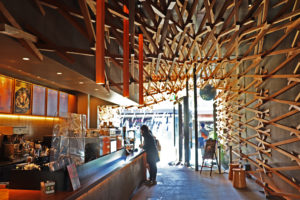 |
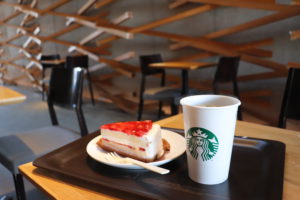 |
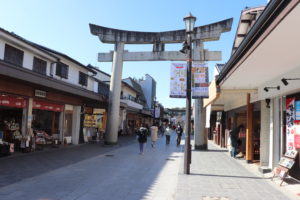 |
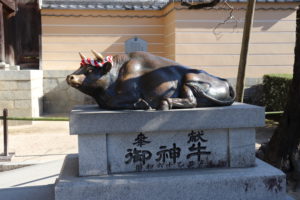 |
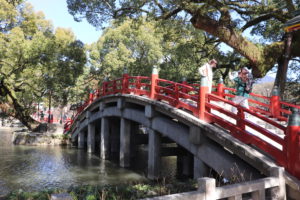 |

